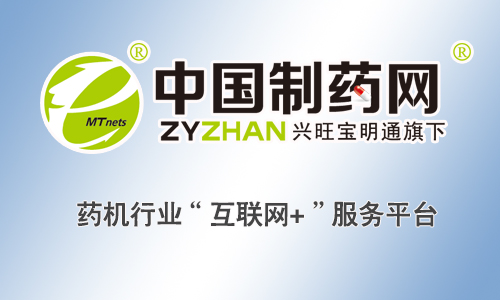Why is it difficult to surpass checkpoint inhibitors?
Medical Equipment Disposal,Syringes Needles Sizes,Disposable Syringe,Insulin Syringe FOSHAN PHARMA CO., LTD. , https://www.full-pharma.com
[China Pharmaceutical Network Technology News] Checkpoint inhibitors are the absolute protagonists of today's cancer treatment and new drug development, but why are checkpoint inhibitors so difficult to surpass? According to analysis, the most fundamental reason is that our understanding of immunotherapy is still in its early stages. 
The ongoing ASCO annual meeting reported a large amount of new data, with nearly 6,000 abstracts. But with a few exceptions, checkpoint inhibitors are the absolute protagonists of today's cancer treatment and new drug development, from the perspective of patients, doctors, pharmaceutical companies, and vice presidents. Even in addition to CAR-T in immunotherapy, checkpoint inhibitors (including PD-1, PD-L1, and CTLA4 antibodies) are the only treatments that truly deliver a long-lasting response. Unlike CAR-T, which is only effective in hematological tumors, PD-1 inhibitors show a variety of solid tumors and hematological tumors. Other immunotherapies such as vaccines, immune activators such as OX40 agonists, immunomicroenvironmental modulators such as IDO inhibitors have so far not shown a population that responds to checkpoint inhibitors or significantly expand checkpoint inhibitors. Why are checkpoint inhibitors so difficult to surpass?
The most fundamental reason is that our understanding of immunotherapy is still in its early stages. We don't understand why OX40 agonists work well and don't understand why checkpoint inhibitors are so effective. This is like going beyond the last lottery winner. He doesn't know how to surpass himself. The other numbers he won and the winning number are almost not related. There are not five numbers that are only one number. An article in the 2004 Nature Journal listed immunotherapy as the first of many hype in the pharmaceutical industry. Until 2012, when Opdivo's lung cancer data came out, few people believed that PD-1 could become a climate. The whole industry's understanding of immunotherapy is evident. Although we have made great progress in the past few years, there is still no essential breakthrough in predicting the clinical response of new therapies, and there is no good way to predict responding inhibitors by biomarkers.
Checkpoint inhibitors theoretically kill tumor cells by activating the immune system, but preclinical models of PD-1 and CTLA4 inhibitors inhibit tumor growth activity. These checkpoint inhibitors are not the best even by activating some of the immune system's indicators such as cytokine synthesis and secretion. The lack of a reliable preclinical model is a practice for the development of immunotherapy. Although the preclinical model without any disease is completely reliable, screening for drugs through clinical trials is not economically sustainable if reliability does not reach a certain threshold.
Several companies that already have checkpoint inhibitors are big and big pharmaceutical companies, and each combination therapy that is currently underway is tens of hundreds. This is making it more difficult to recruit patients from other immunotherapy clinical trials, extending development time and increasing costs in disguise. In addition, these combinations make the threshold of later treatments higher and increase the difficulty of competition. The success of CD38 and Claudin 18.2 antibodies seems to indicate that anti-cancer is not only an immediate immunotherapy, but there are still many unknown mechanisms waiting for us to develop.
